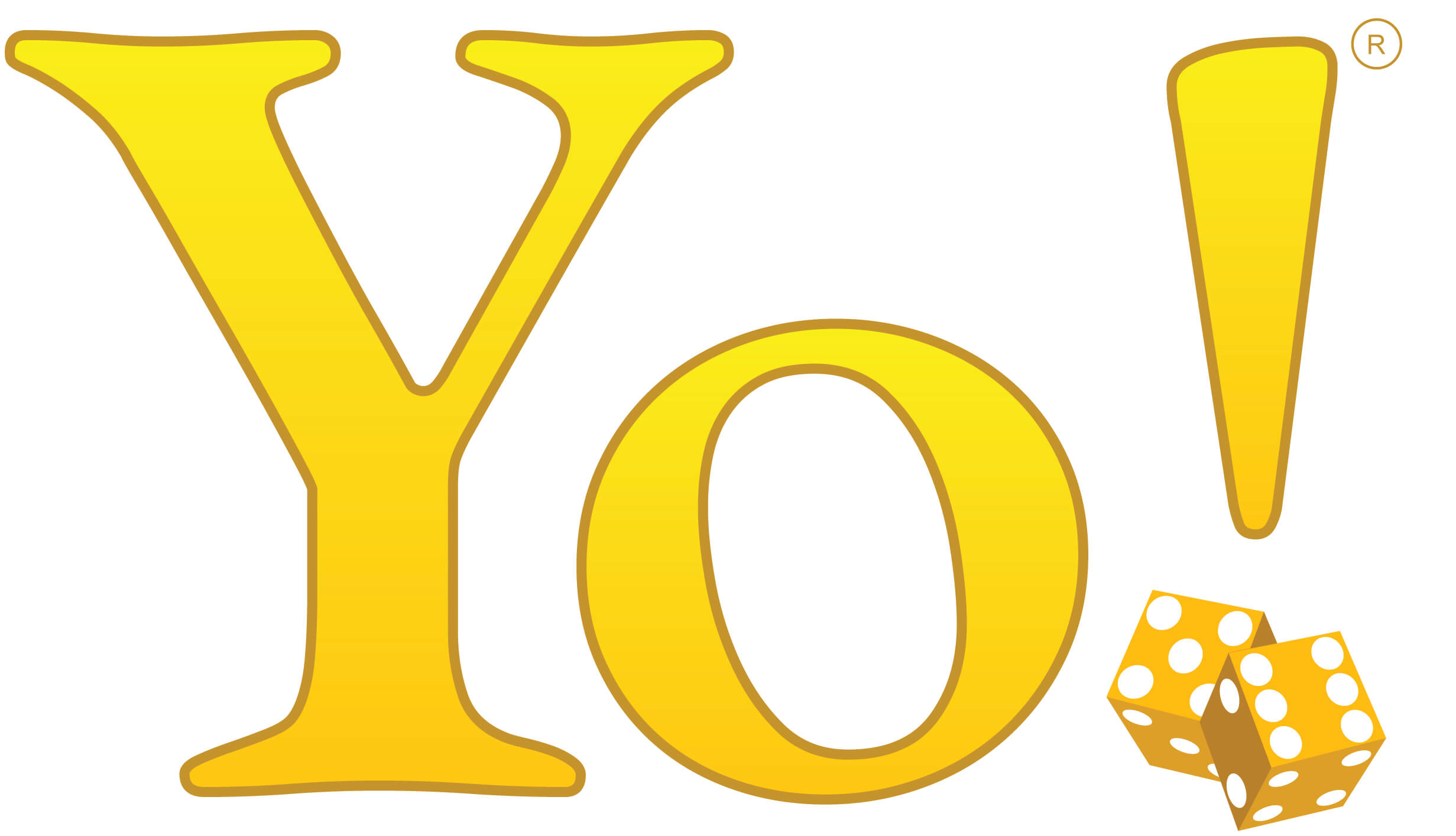Yo is a deceptively simple word that has transcended linguistic and cultural boundaries, becoming a global symbol of camaraderie and connection. Its adaptability and universality have cemented its place in the everyday vocabulary of millions worldwide. From urban slang to casual conversation, "yo" carries a sense of familiarity and warmth that resonates across generations. In this article, we will delve into the profound significance of "yo," exploring its origins, cultural relevance, and diverse applications in modern communication.
One of the most fascinating aspects of "yo" is its ability to evolve and adapt to different contexts. This versatile term has been embraced by various communities, each infusing it with their unique flavor and meaning. Whether used as a friendly greeting, an attention-grabbing exclamation, or an expression of excitement, "yo" continues to thrive in contemporary communication. By tracing its roots and examining its uses, we can gain a deeper appreciation for the linguistic and cultural richness that "yo" brings to our global conversation.
Moreover, "yo" has become synonymous with youthfulness and spontaneity, often associated with urban culture and hip-hop music. It serves as a bridge between generations, connecting the past with the present. As we explore this article, we will uncover the multifaceted nature of "yo," its relevance in today's society, and how it reflects the ever-changing dynamics of language and human interaction.
Read also:Discover The Hidden Charm Of Vegas Nl Animal Experiences
Exploring the Origins of "Yo"
The history of "yo" can be traced back to several linguistic traditions, primarily Spanish and English. In Spanish, "yo" translates to "I," establishing a personal connection. However, its informal use as a greeting in English gained prominence in the 20th century, particularly within urban communities. The rise of hip-hop culture played a pivotal role in popularizing "yo," transforming it into a staple of music and street vernacular.
The Evolution of "Yo" Through Time
Over the decades, "yo" has undergone significant transformations in both usage and meaning. Initially confined to casual greetings, it has expanded into a versatile expression conveying enthusiasm, agreement, or even surprise. This evolution mirrors the fluid and dynamic nature of language, shaped by cultural influences and societal shifts. As language continues to adapt, "yo" remains a resilient and enduring component of modern communication, thriving across diverse social contexts.
Modern Contexts for Using "Yo"
Today, "yo" is employed in a variety of settings, enhancing communication in numerous ways:
- Casual greetings among friends, fostering a sense of familiarity.
- Attention-grabbing exclamations during conversations to emphasize key points.
- Expressions of excitement or surprise, adding vibrancy to interactions.
- Sign-offs in informal communication, creating a friendly and approachable tone.
This versatility underscores how "yo" seamlessly integrates into different aspects of communication, making it an indispensable part of contemporary language.
Who Brought "Yo" to the Forefront of Music and Culture?
Several artists and cultural icons have played a crucial role in popularizing "yo" within the realms of music and entertainment. From the emergence of hip-hop in the 1980s to its continued presence in contemporary art forms, "yo" has been intricately woven into lyrics and performances. This widespread adoption has solidified its status as a cultural cornerstone, resonating with audiences worldwide.
The Influence of "Yo" on Youth Culture
"Yo" holds significant sway over youth culture, often functioning as a marker of identity and belonging. It fosters a sense of community among young people, enabling them to connect through shared linguistic experiences. Furthermore, it reflects the evolving nature of language, as younger generations adopt and modify expressions to align with their distinct social dynamics. This adaptability ensures that "yo" remains relevant and impactful in shaping modern communication.
Read also:Alycia Debnamcarey Exploring Her Career Love Life And Personal Journey
Is "Yo" a Truly Universal Greeting?
While "yo" may not be universally recognized as a formal greeting in all cultures, its widespread adoption across various communities suggests that it has achieved a level of global recognition. The simplicity and accessibility of "yo" make it an appealing and relatable choice for people from diverse backgrounds. This universality allows individuals to connect effortlessly, transcending linguistic and cultural barriers.
Creative Ways to Incorporate "Yo" into Conversations
Integrating "yo" into your daily conversations can add a playful and engaging dimension to your interactions. Here are some creative ideas to get started:
- Use "yo" as a lighthearted greeting when meeting friends, injecting a touch of personality into your exchanges.
- Incorporate it into phrases like "Yo, what's up?" or "Yo, check this out!" to create dynamic and engaging dialogue.
- Utilize "yo" to express excitement or surprise, such as "Yo, that's incredible!"
- Pair "yo" with emojis in text messages to enhance your communication with visual flair.
How "Yo" Enhances Personal Communication
Incorporating "yo" into conversations adds a personal touch that can significantly enhance the connection between speakers. It conveys a sense of familiarity and friendliness, making interactions feel more relaxed and approachable. In a world where digital communication can sometimes feel impersonal, "yo" helps create a more inviting and engaging atmosphere, fostering stronger relationships and deeper connections.
Conclusion: The Enduring Legacy of "Yo"
In summary, "yo" transcends its status as a mere word, embodying a profound sense of community, cultural evolution, and personal connection. Its journey from linguistic curiosity to a universal expression of friendliness highlights the dynamic and adaptive nature of language. Whether used as a casual greeting or an expression of excitement, "yo" continues to thrive, reminding us of the transformative power of words in shaping our interactions and relationships. Embrace "yo" and experience the joy of connecting with others through this timeless and versatile expression.


